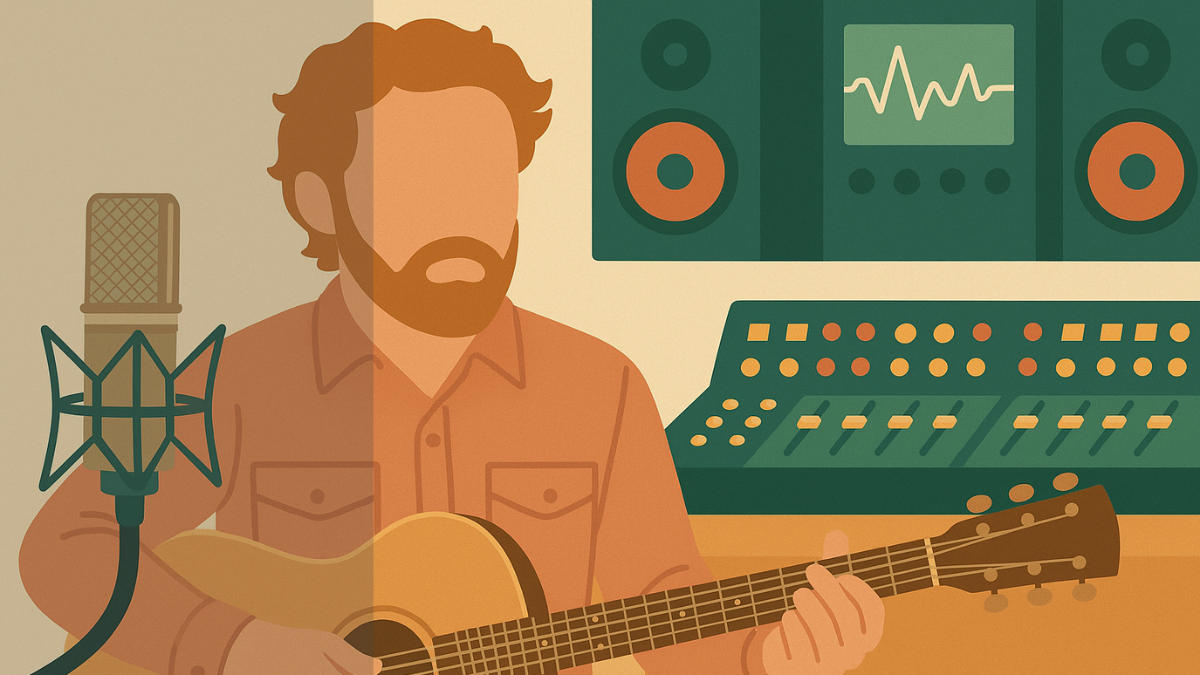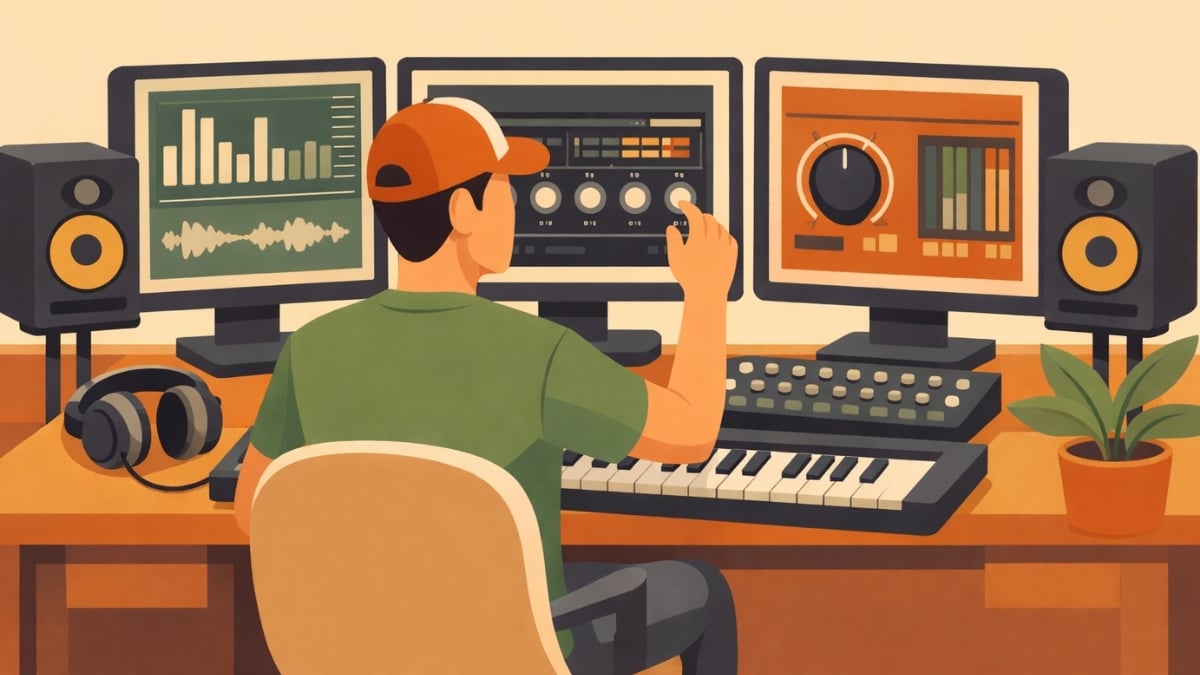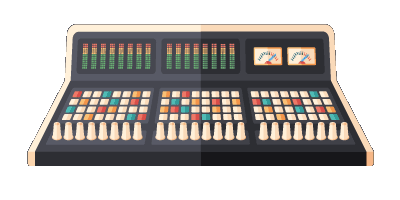When Your Only Hit Is About Being Lonely: The Accidental Perfection of JD Souther's Masterpiece

In an era where connection is performative and loneliness is algorithmically monetized, You’re Only Lonely sounds less like a ballad from 1979 and more like a lifeline tossed into 2025. When news broke in September 2024 of Souther’s passing, streams spiked not because of nostalgia alone, but because the song still feels uncomfortably modern: tender without being fragile, romantic without being naïve, and brave enough to admit what most of us hide, that needing someone is not weakness, it’s survival.
Back Then: The Origin Vibe
Picture late '70s Los Angeles: disco's dying, punk's raging, and somewhere in North Hollywood, a songwriter who'd been feeding hits to the Eagles decides it's time to keep one for himself. JD Souther walks into Warner Brothers Recording Studio with a song that breaks every rule, no bridge, no real chorus, not even a third verse.
Just a vulnerability so raw it makes grown adults cry in their cars 45 years later. The studio? Reportedly the same room where Fleetwood Mac would soon craft "Tusk." The vibe? Pure California melancholy dressed up in sophisticated arrangements that made your parents feel understood.
The Spark That Lit It
Here's the thing about accidental perfection: Souther literally called it "a catchy little tune" and moved on. But when David Sanborn walked in with his alto sax, everything changed. That horn line, lonely but not desperate, yearning but not pathetic, became the song's emotional North Star.
Souther wasn't chasing a hit; he was channeling Roy Orbison's ghost through a Neve console, creating space where most writers would've crammed another verse. That restraint? That's what separates bedroom noodling from timeless art.
The Beat Anatomy
Rick Marotta and Mike Botts tag-teamed the drums like they were handling fine china, present but never pushy. The groove lives in the negative space between Kenny Edwards' bass notes, each one placed like punctuation in a love letter.
No quantization, no click track worship, just humans playing slightly behind the beat because sadness doesn't rush. That shuffle-that's-not-quite-a-shuffle? It's what your DAW's "humanize" function dreams about at night.
Textures + Sauce
Imagine wrapping loneliness in cashmere, that's the sonic palette here. Waddy Wachtel's guitar work floats like smoke from a jazz club you'll never be cool enough to enter. Don Grolnick's piano doesn't play chords; it suggests them, leaving room for Dan Dugmore's steel guitar to paint silver streaks across the mix.
The magic ingredient? Space. While everyone else in '79 was layering tracks like wedding cakes, Souther left holes big enough for feelings to fall through. Those harmonies from Jackson Browne, Phil Everly, and both Eagles Don's? They're mixed like memories, clear but distant.
The Voice
Souther's vocal approach was radical in its honesty. No double-tracking tricks, no Auto-Tune (obviously), just a guy standing in front of a vintage Neumann, telling you he'll pick up when you call. The Roy Orbison influence isn't just in the melody, it's in the decision to let your voice crack slightly on "lonely," to hold back the vibrato until it matters.
Engineers Loyd Clifft and Lee Herschberg captured every breath, every micro-hesitation. In an era of vocal gymnastics, Souther chose radical vulnerability. Your bedroom vocal booth could never, but it's not about the room, it's about meaning every word.
Arrangement Moves + Studio Myths
The arrangement's secret weapon? It's built backwards. Instead of adding elements as the song progresses, Souther strips them away, leaving you more alone by the final chorus, pure emotional manipulation through subtraction. Legend has it they recorded 17 takes and used the second one because Souther said the others were "too perfect."
The entire song structure is a middle finger to Nashville's verse-chorus-verse formula, yet it spent time at #1 on Adult Contemporary charts. Sometimes breaking the rules is the rule.
Why Bedroom Producers Still Study It
This track is a masterclass in "less is everything." While we're out here stacking 87 layers in Ableton, Souther proved you could move millions with restraint. The mix breathes like expensive wine needs to. Every musician serves the song, not their ego, try getting 15 session legends to do that in your bedroom.
The real lesson? Stop hiding behind production. If your song doesn't work with one voice and one guitar, no amount of Waves plugins will save it. "You're Only Lonely" works because it's architecture, not decoration.
Fade Out
Now, as Souther's voice echoes through our algorithms and anxiety, the song hits different. It's not just about romantic loneliness anymore, it's about every kind of isolation we've normalized. When he promises "you can call out my name," it feels like permission to admit we're not okay.
The song's gentle insistence that someone will answer when you call feels almost revolutionary in an age of read receipts and ghosting. Maybe that's why it's climbing charts again, not nostalgia, but necessity. Sometimes the only cure for loneliness is knowing someone else gets it. Even if they're only there in a song.



Comments:
Oct 20, 2025
Login to comment on this post